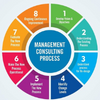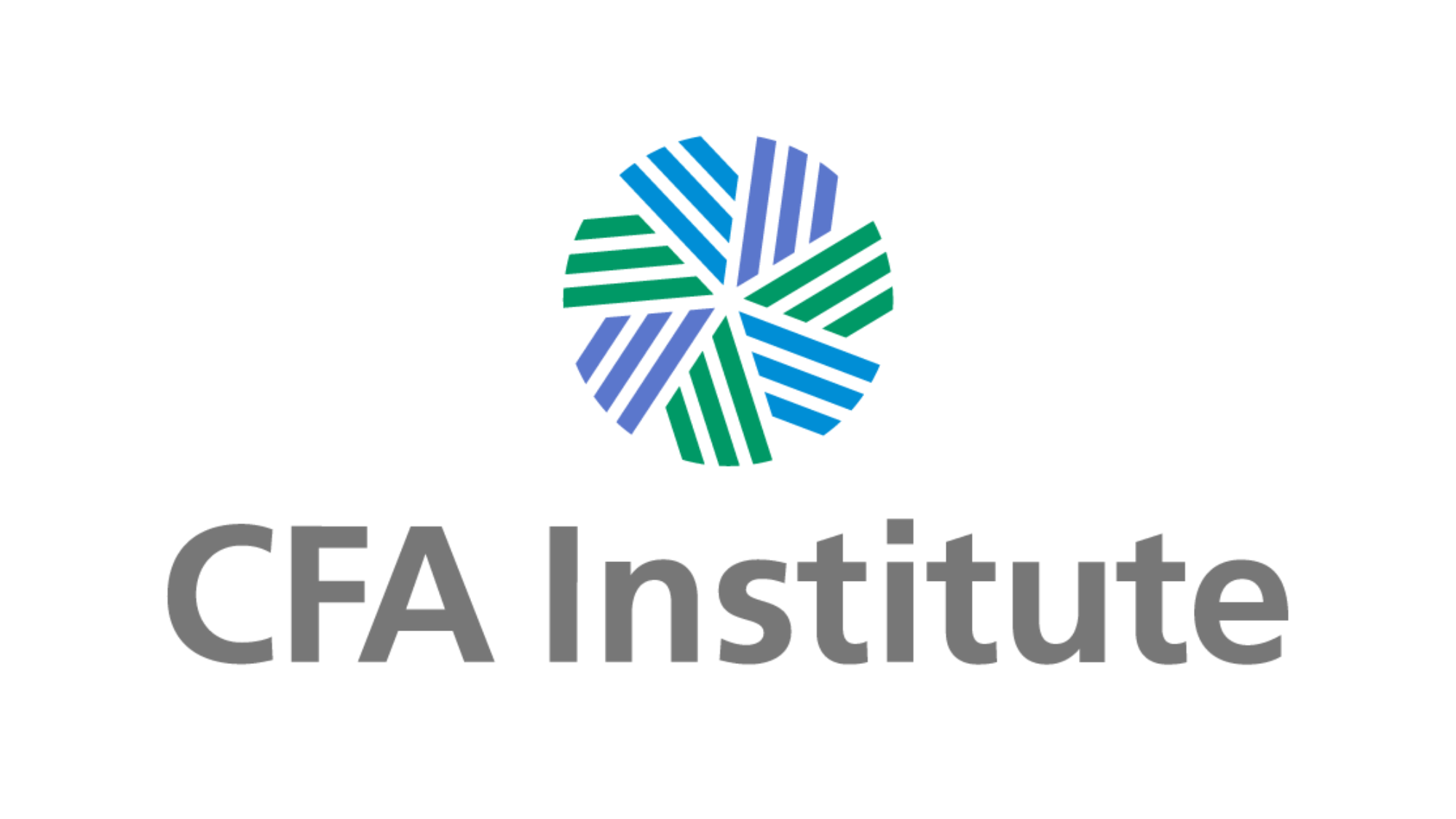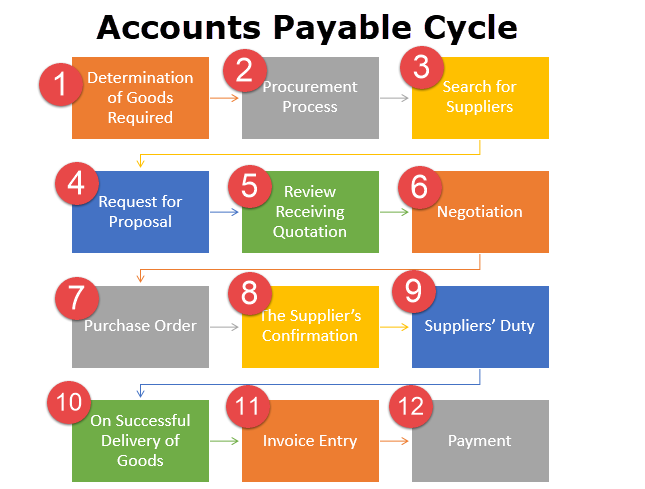About Bajaj
Bajaj Finserv Limited, headquartered in Pune, India, is a leading name in the non-banking financial sector, specializing in a vast array of financial services including lending, asset management, wealth management, and insurance.
Founded in April 2007 following its demerger from Bajaj Auto Limited, the company has carved a niche for itself by prioritizing customer needs, offering instant loan approvals and disbursing funds within 24 hours, all done with minimal documentation.
As the financial arm of the Bajaj Group, Bajaj Finserv has played a pivotal role in the financial empowerment of its clients, offering comprehensive solutions for asset acquisition, protection through general and life insurance, and savings through its varied financial products. Its commitment to providing quick, convenient financial services has established Bajaj Finserv as a trusted name among millions, making it a go-to for individuals seeking financial products that cater to their immediate needs while also planning for the future.
Bajaj Reviews
0 reviews found
Overall Rating
Reviews from Similar Companies
Moody's Reviews
Morningstar Reviews
CRISIL Reviews
Blenheim Reviews
Bajaj Recruitment Process
Interview Process
The interview process at Bajaj Finserv typically involves several rounds to assess candidates for various roles. Here’s an overview based on different experiences:
API Challenge (Round 1):
In this round, candidates are given an API challenge. They need to submit their details (such as name, email, and contacts) using an API provided by the company.
Basic knowledge about APIs is sufficient to clear this round.
Coding Round (Round 2):
The second round consists of:
Multiple-choice questions (MCQs) related to the domain you applied for (e.g., Android app development).
Reasoning questions.
Two coding questions, usually of medium difficulty.
Technical Interview (Round 3):
The technical interview involves discussions on various topics:
Project-related questions: Expect questions about your project, the challenges you faced, and how you solved them.
Basic programming concepts: topics like OOPS, operating systems, hash maps vs. hash tables, cycle detection in linked lists, and sorting algorithms.
Implementing OOPS concepts in real life: Justify your answers using examples (e.g., a chess game).
Be clear about your resume details, and stay calm during the interview. If you don’t know an answer, think aloud and communicate honestly.
HR Interview (if applicable):
The HR interview focuses on your fit with the company culture, growth prospects, and any questions you may have.

.png)


























.jpg)



.jpg)


